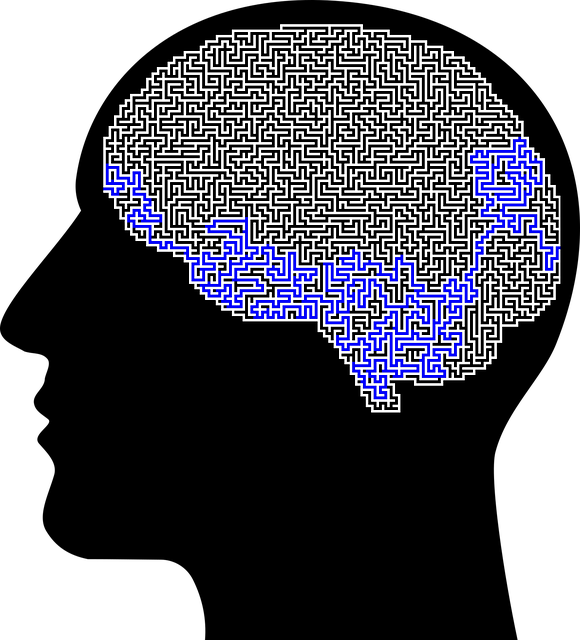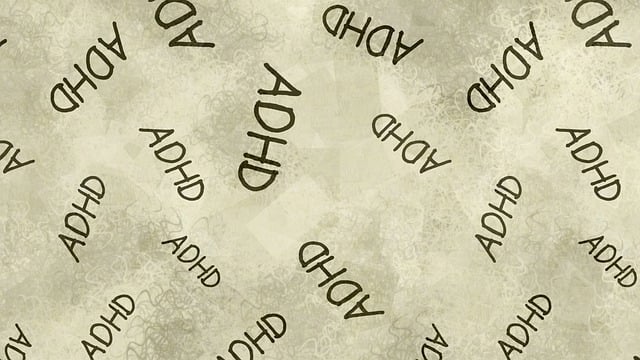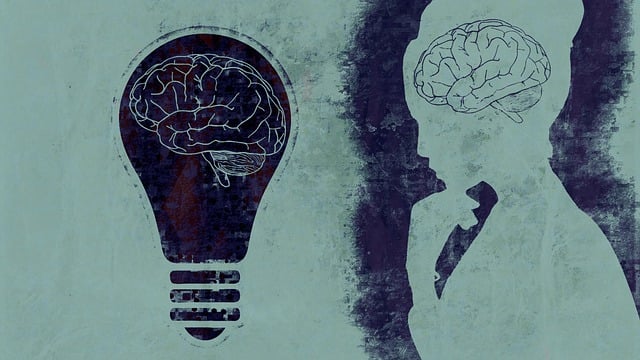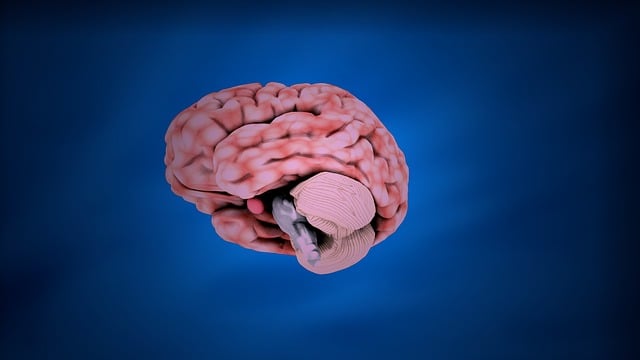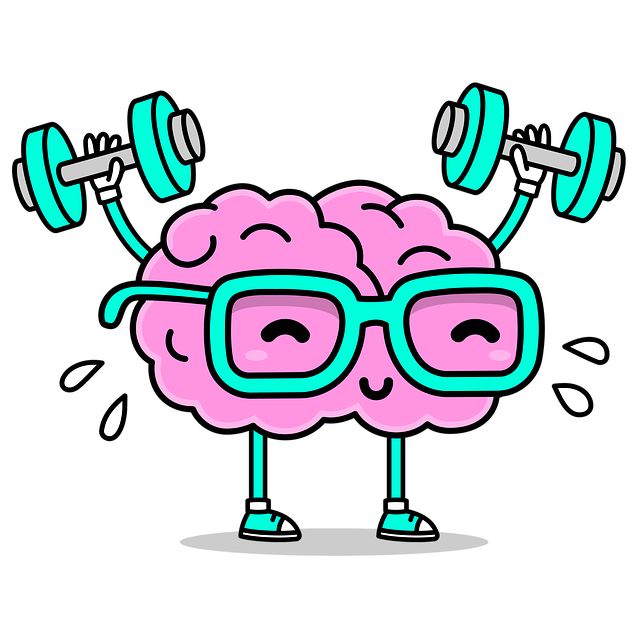Analyzing mental health data is a critical step for improving Superior Children Therapy. Using ethical methods like surveys, clinical assessments, and electronic health records, data is cleaned, standardized, and integrated from diverse sources to predict risk factors and inform personalized interventions. Advanced analytics techniques like machine learning enable therapists to identify effective practices for specific conditions and demographics, tailoring therapy plans based on evidence-based insights. Ethical considerations, including confidentiality and privacy, are paramount when working with young individuals, fostering trust through open communication while protecting sensitive data. Empathy-building strategies and inner strength development empower participants, enhancing well-being and resilience in Superior Children Therapy.
Mental health data analysis is a powerful tool in improving therapeutic outcomes, especially for at-risk populations like children. Understanding and interpreting this data can lead to breakthroughs in Superior Children’s Therapy. This article delves into the process of collecting, preparing, and analyzing mental health data using advanced analytics techniques. We explore how these methods provide deep insights, guiding therapists to tailor treatments effectively. Additionally, ethical considerations are discussed to ensure responsible data handling.
- Understanding Mental Health Data: Collection and Preparation
- Advanced Analytics Techniques for Deep Insights
- Interpreting Results: Applying Findings to Improve Therapy
- Ethical Considerations in Mental Health Data Analysis
Understanding Mental Health Data: Collection and Preparation

Understanding Mental Health Data is a foundational step in any analysis process. When it comes to mental health, data collection involves careful consideration and ethical practices to ensure privacy and confidentiality. This includes gathering information through various methods such as surveys, clinical assessments, and electronic health records. The goal is to capture comprehensive insights into individuals’ mental well-being, encompassing diagnostic criteria, symptoms severity, and treatment responses.
Preparing this data requires meticulous cleaning and standardization to make it ready for analysis. It involves handling missing values, identifying and correcting inconsistencies, and transforming the data into a suitable format. This preparation stage is crucial as it ensures that the analyses yield accurate and reliable results. Moreover, integrating data from diverse sources necessitates a thoughtful design of Mental Health Education Programs aimed at fostering Positive Thinking and Emotional Intelligence among both data collectors and users to interpret findings accurately and ethically, ultimately enhancing Superior Children Therapy practices.
Advanced Analytics Techniques for Deep Insights

In the realm of mental health data analysis, advanced analytics techniques offer a powerful tool for uncovering deep insights and enhancing treatment strategies, particularly in the context of Superior Children Therapy. By employing sophisticated methods such as machine learning algorithms and predictive modeling, healthcare professionals can identify patterns and trends within vast datasets, allowing for more personalized and effective interventions. These innovative approaches enable a comprehensive understanding of various factors influencing mental well-being, including social determinants of health, genetic predispositions, and environmental triggers.
Through the strategic design of Mental Health Education Programs and Community Outreach Program Implementation initiatives, resilience building becomes an integral part of these advanced analytics. By integrating data from diverse sources, such as electronic health records, wearable devices, and community surveys, analysts can develop robust models to predict risk factors and stratify populations. This enables targeted interventions and tailored therapy plans, ultimately fostering better outcomes for children facing mental health challenges.
Interpreting Results: Applying Findings to Improve Therapy

When analyzing mental health data, the goal is to gain insights that can directly impact and improve therapeutic practices. Interpreting results involves more than just understanding statistics; it requires translating complex findings into actionable steps for superior children’s therapy. By examining patterns in patient outcomes, therapists can identify what works best for certain conditions or demographics, allowing them to tailor their approaches effectively.
Applying these insights means integrating cultural competency training for healthcare providers, considering mental wellness and burnout prevention strategies, and continually adapting therapeutic methods. This dynamic process ensures that care remains up-to-date, evidence-based, and responsive to the evolving needs of both patients and practitioners.
Ethical Considerations in Mental Health Data Analysis

When analyzing mental health data, especially when involving young individuals, ethical considerations come to the forefront. Researchers and therapists must ensure confidentiality and privacy, adhering to strict guidelines to protect sensitive information. This is particularly crucial in children’s therapy where open communication strategies are employed to build trust. The process demands a delicate balance between sharing insights for superior treatment outcomes and preserving the anonymity of participants to prevent any potential stigma or discrimination.
Empathy building strategies play a pivotal role in ethical data collection. Therapists should cultivate an understanding environment, encouraging clients to express their feelings freely. By fostering open dialogue, therapists can gain valuable insights while respecting individual boundaries. Moreover, promoting inner strength development through therapeutic practices ensures that participants feel empowered throughout the process, enhancing their overall well-being and fostering resilience.
Mental health data analysis is a powerful tool for enhancing therapy and improving patient outcomes, especially in the context of Superior Children’s Therapy. By understanding and preparing mental health data effectively, employing advanced analytics techniques, and interpreting results ethically, we can gain deep insights to personalize treatment plans. This approach not only improves therapeutic interventions but also ensures that every child receives the best possible care tailored to their unique needs.


